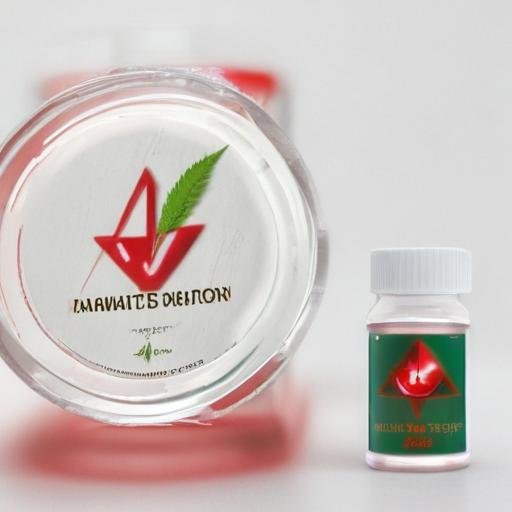Florida moves to ban 7-OH, a potent kratom byproduct, via emergency action
Florida Attorney General James Uthmeier announced an emergency measure to prohibit the sale of 7-OH, a concentrated byproduct of the kratom plant, and reclassify it as a Schedule 1 drug. The action targets products sold in about 5,000 Florida stores, including vape shops, and comes as officials warn about the substance’s high abuse potential.
Uthmeier said 7-OH is 13 times more potent than methamphetamine, a claim that underscores concerns about its safety and possible addiction. He described the move as a public-safety step to remove dangerous products from shelves while the state works toward a permanent prohibition.
Caleb Grill, the owner of the Zen Den in Largo, welcomed the crackdown. Grill, who has spent years in the kratom industry, said his shop does not sell 7-OH and that kratom itself is often used by people seeking relief from pain or relief from pharmaceutical dependence when used responsibly and with education. He noted that some individuals in the community have become addicted to 7-OH products, and he supported the state’s effort to curb those dangers.
The U.S. Food and Drug Administration has been increasingly focused on regulating concentrated kratom byproducts like 7-OH. FDA Commissioner Dr. Marty Makary participated in the news conference, stressing the need to educate the public about 7-OH to prevent a repeat of past opioid waves. He warned that 7-OH binds to opioid receptors and could fuel new misuse if left unregulated.
Florida officials said the state is the first to target this highly addictive byproduct. The ban is expected to be codified during the next legislative session in January 2026, giving lawmakers time to establish a formal statewide prohibition.
The FDA has highlighted additional risks associated with 7-OH, including potential liver toxicity and seizures. In 2021, the Substance Abuse and Mental Health Services Administration estimated that about 1.7 million Americans aged 12 and older used kratom.
Impact and outlook
– For kratom retailers, the emergency ban creates a rapid regulatory change that could reshape product offerings and sales strategies.
– For consumers, the move aims to reduce exposure to a powerful opioid-like substance while maintaining dialogue about kratom’s legitimate uses under regulated conditions.
– The situation underscores ongoing tensions between public safety concerns and the perceived therapeutic benefits claimed by kratom supporters.
Additional context and what to watch
– The FDA’s ongoing review and state-level actions suggest a broader push to tighten controls on kratom byproducts nationwide.
– The January 2026 legislative session will be pivotal in determining the final scope and enforcement of the kratom byproduct ban in Florida.
– As regulations tighten, retailers and consumers may see increased scrutiny, labeling requirements, and possible shifts toward education and harm-reduction resources to accompany any new rules.
Overall, the action reflects a precautionary approach aimed at preventing a potential rise in opioid-like misuse linked to a concentrated kratom byproduct, while maintaining a pathway for informed discussion about kratom’s role and safety in consumer markets. A hopeful takeaway is that stronger regulation paired with public education could reduce harm while allowing legitimate, responsible use to continue under clearer guidelines.
